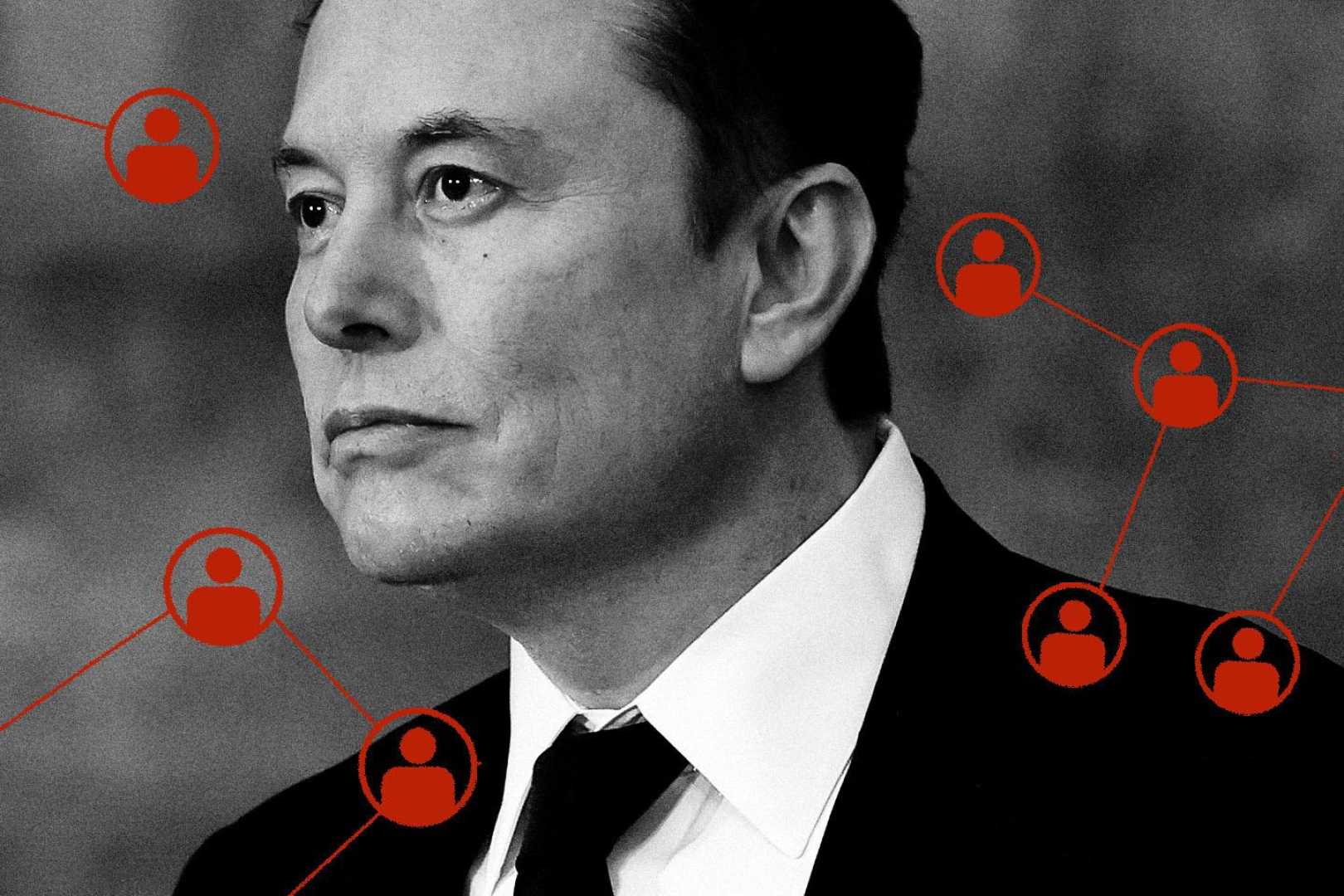Politics
Concerns Rise Over New Appointees’ Access to Sensitive HUD Data

WASHINGTON, D.C. — This week, federal employees at the U.S. Department of Housing and Urban Development (HUD) received an email from Scott Langmack, the newly appointed chief operating officer of Kukun, a proptech firm backed by Elon Musk‘s DOGE cryptocurrency initiative. The email requested detailed information about all contracts, igniting concerns among HUD staff.
HUD’s mission focuses on ensuring equitable housing access, especially following decades of systemic segregation and redlining. Langmack’s request is particularly troubling for HUD employees, who have grown accustomed to a stream of inquiries from Musk’s company. Many staff members reportedly felt alarmed and confused about the nature of the email and its implications.
Kukun, which allows real-estate investors to analyze market data, positions itself by offering access to what it calls the “hardest to find data.” However, its affiliation with Langmack—who has a history primarily in marketing—raises questions about the appropriateness of his access to HUD’s sensitive databases which include everything from homelessness statistics to medical and immigration records related to housing vouchers.
Langmack’s background includes a stint at Pepsi in the 1990s, where he helped enhance brand loyalty and emotional engagement with consumers. Following his time there, he took on less glamorous roles at Microsoft. His career trajectory included a failed recruiting start-up and ventures into peer-to-peer lending amid the financial crisis of 2008.
In addition to Langmack, fellow DOGE appointee Michael Mirski, previously affiliated with TCC Management, has also raised conflict-of-interest concerns due to his background operating mobile-home parks. With his new HUD role, Mirski now has access to pertinent data that could dramatically influence mobile-home regulations and practices.
Neither Langmack nor Mirski appear to have undergone the appropriate protocols for obtaining such extensive access to HUD’s databases, which grant entry to critical funding information exceeding $100 billion approved by Congress. The potential for misuse of this data has raised alarms among current employees, indicating a significant breach of trust and ethical standards in federal contracting.
HUD’s capacity to oversee housing operations depends on a wide range of sensitive data that, if mismanaged, could jeopardize the personal information of thousands of vulnerable citizens. As HUD navigates its evolving mandate, the involvement of private sector figures like Langmack and Mirski emphasizes an ongoing tension between public service and profit-driven motives in the housing sector.












